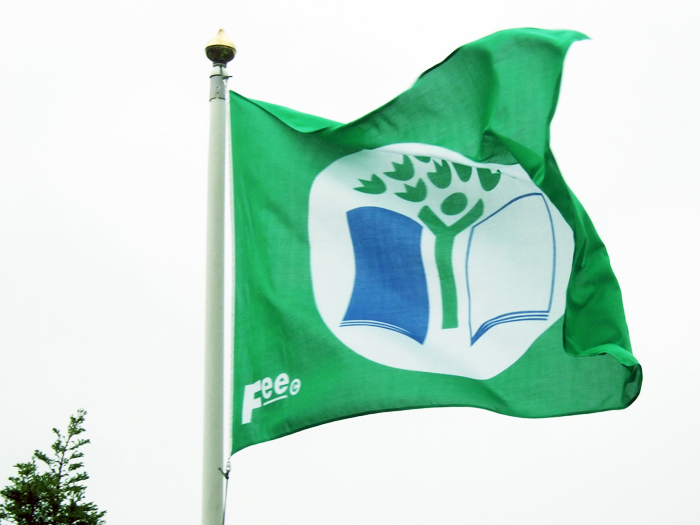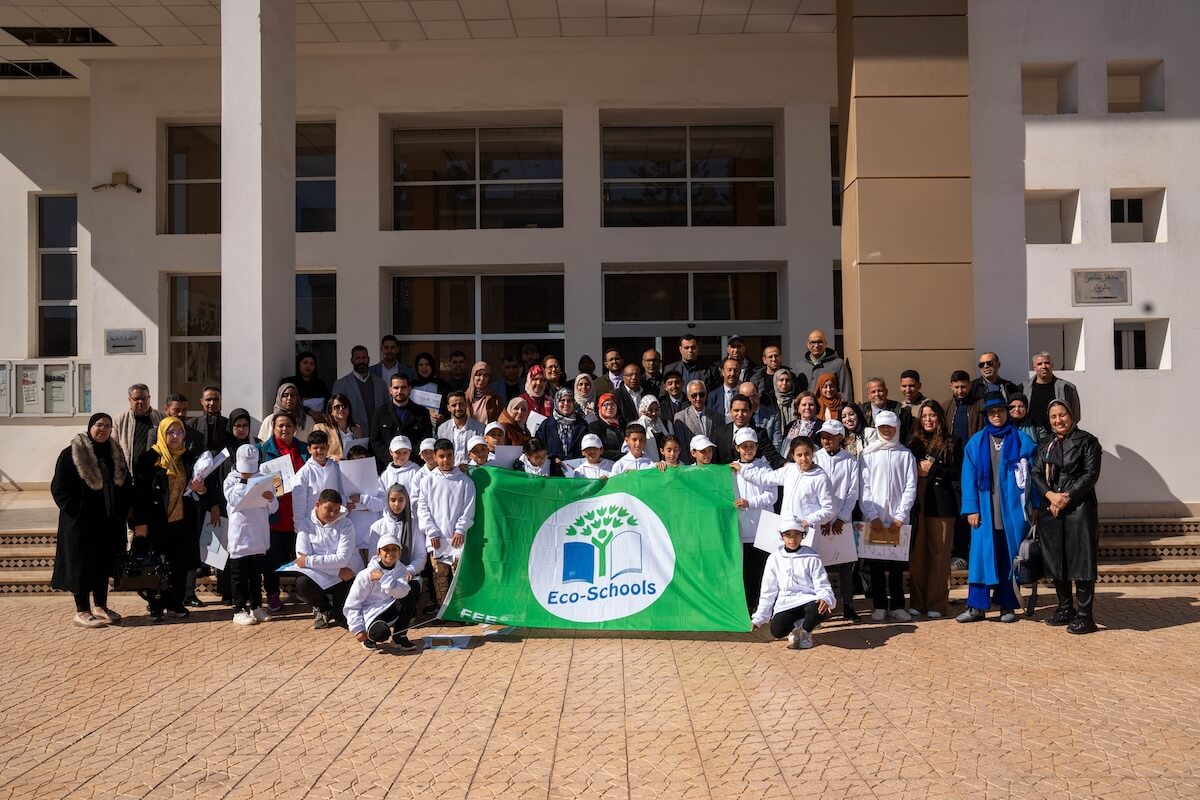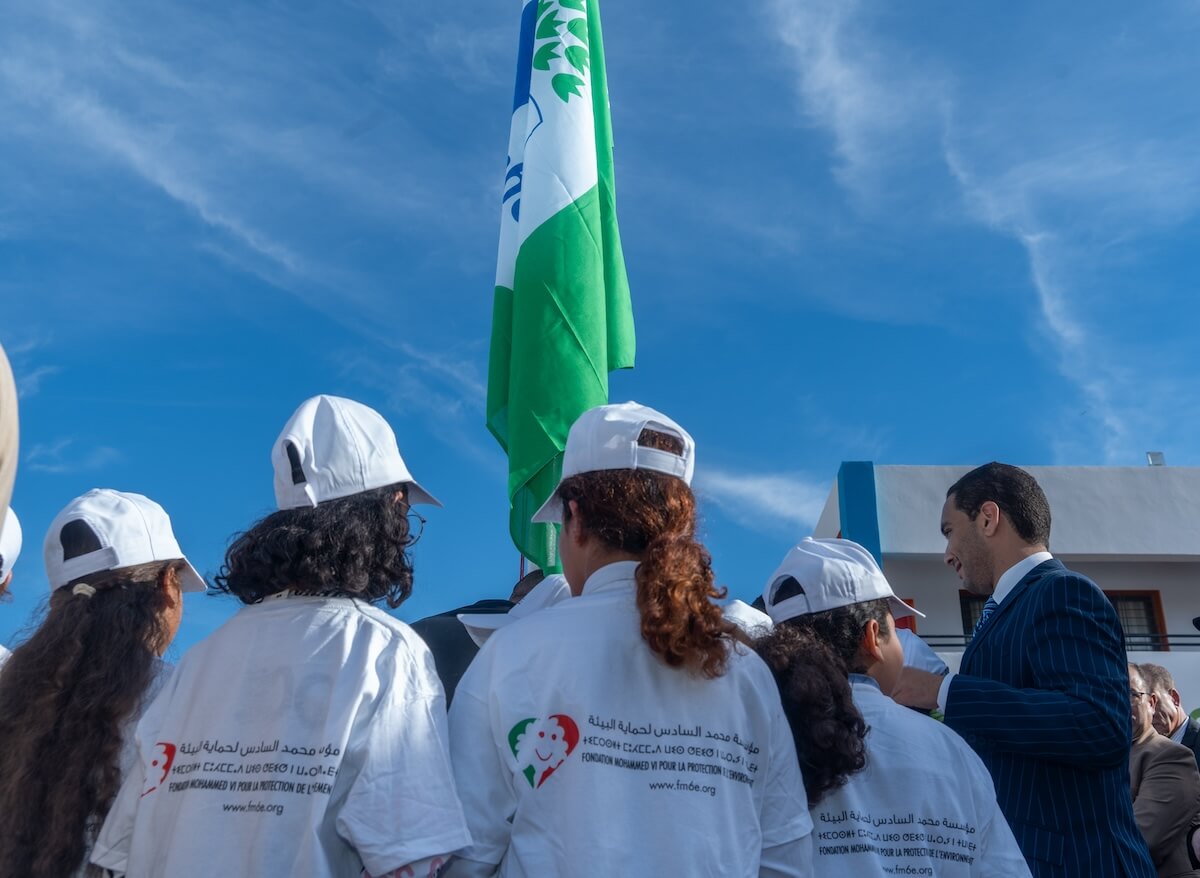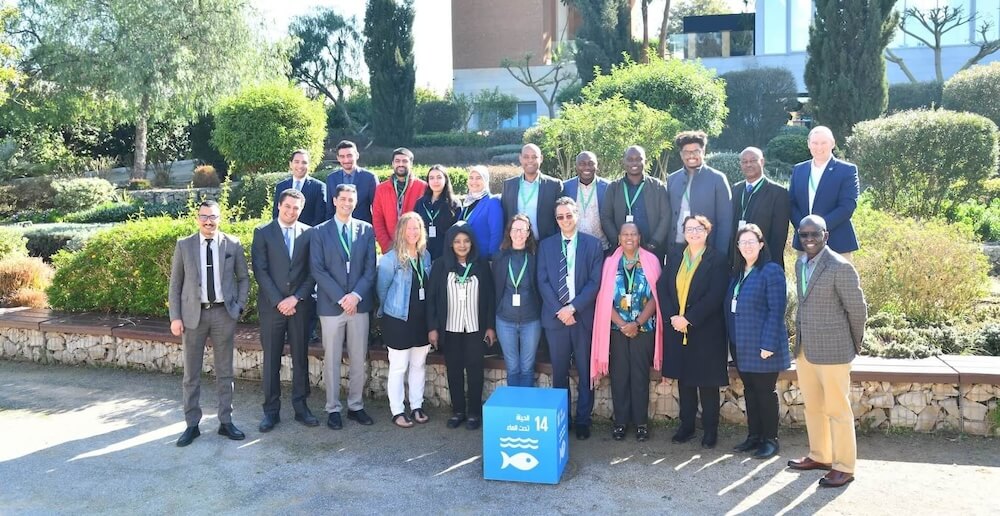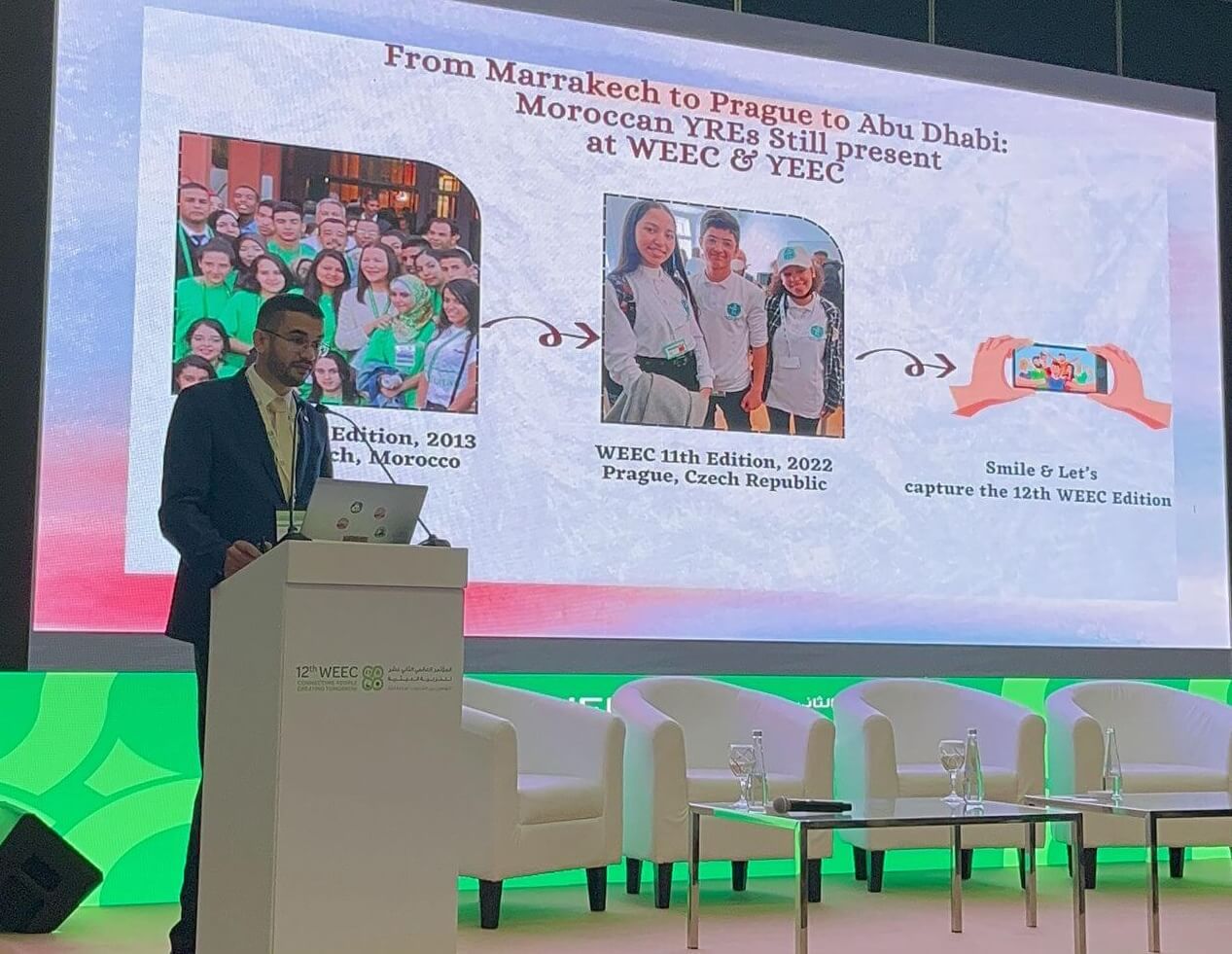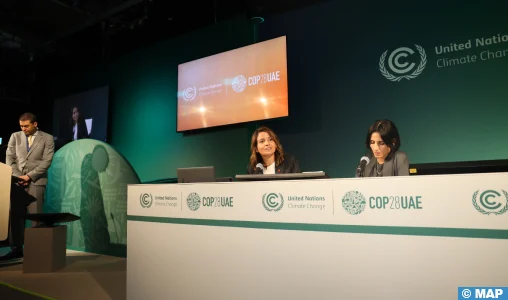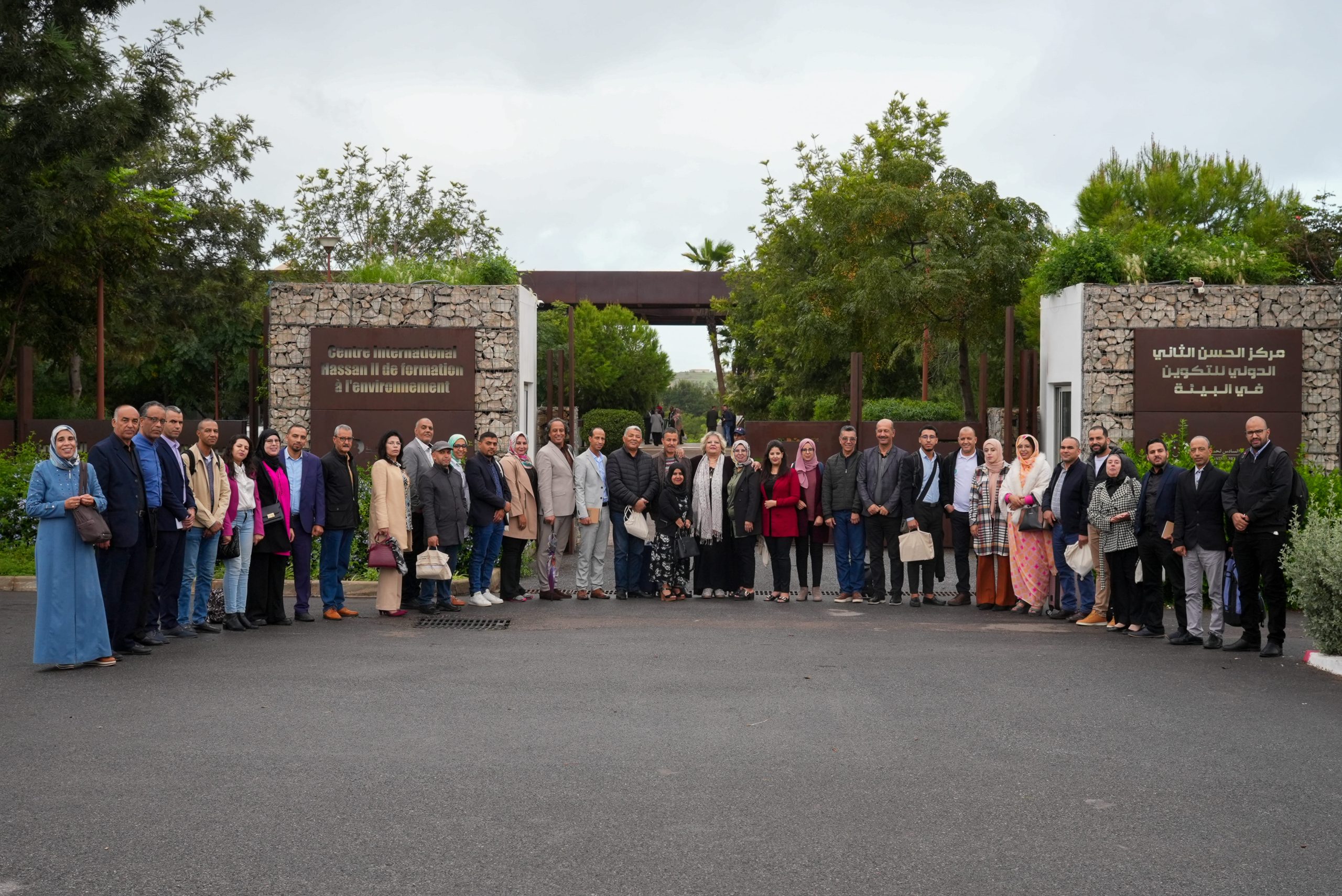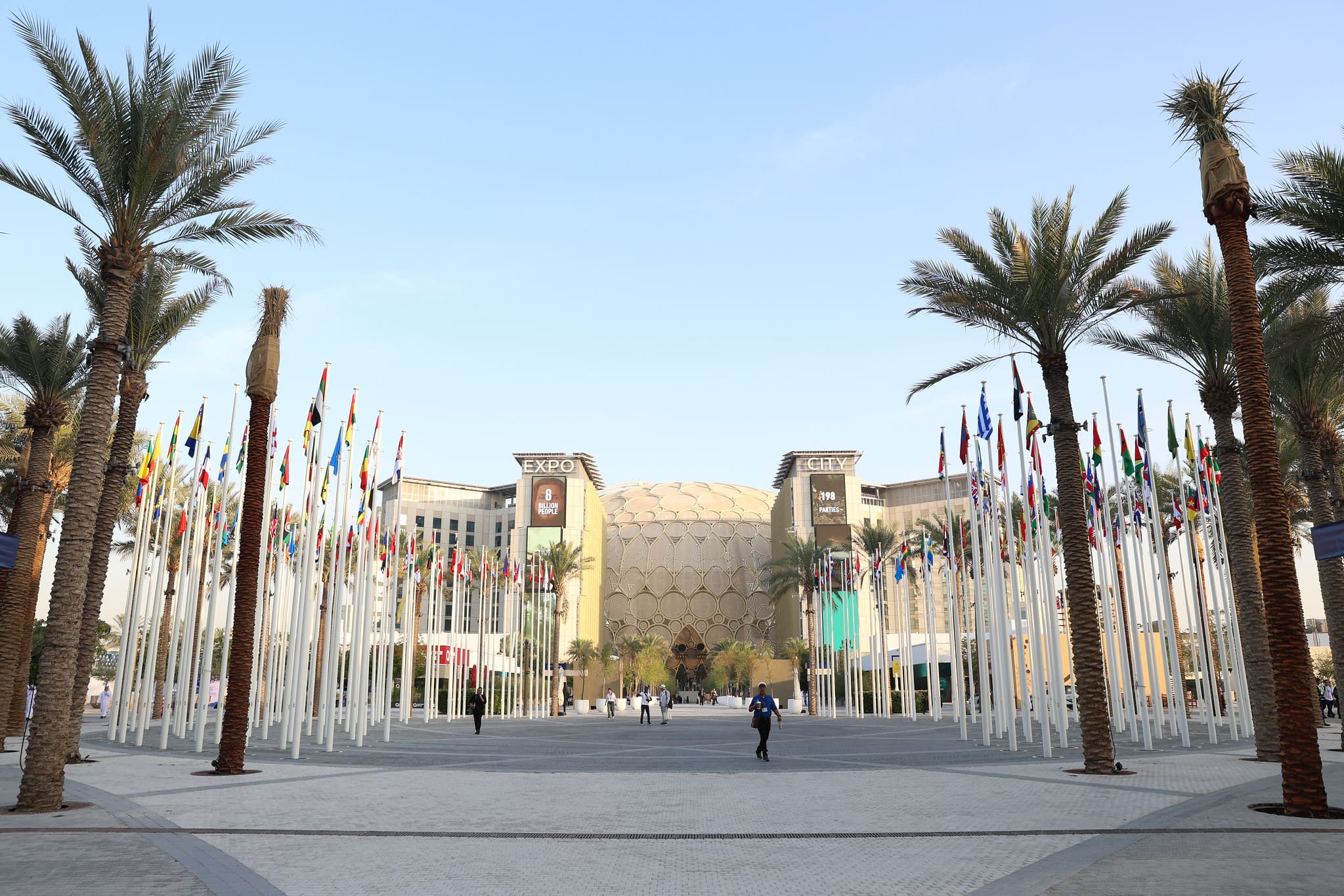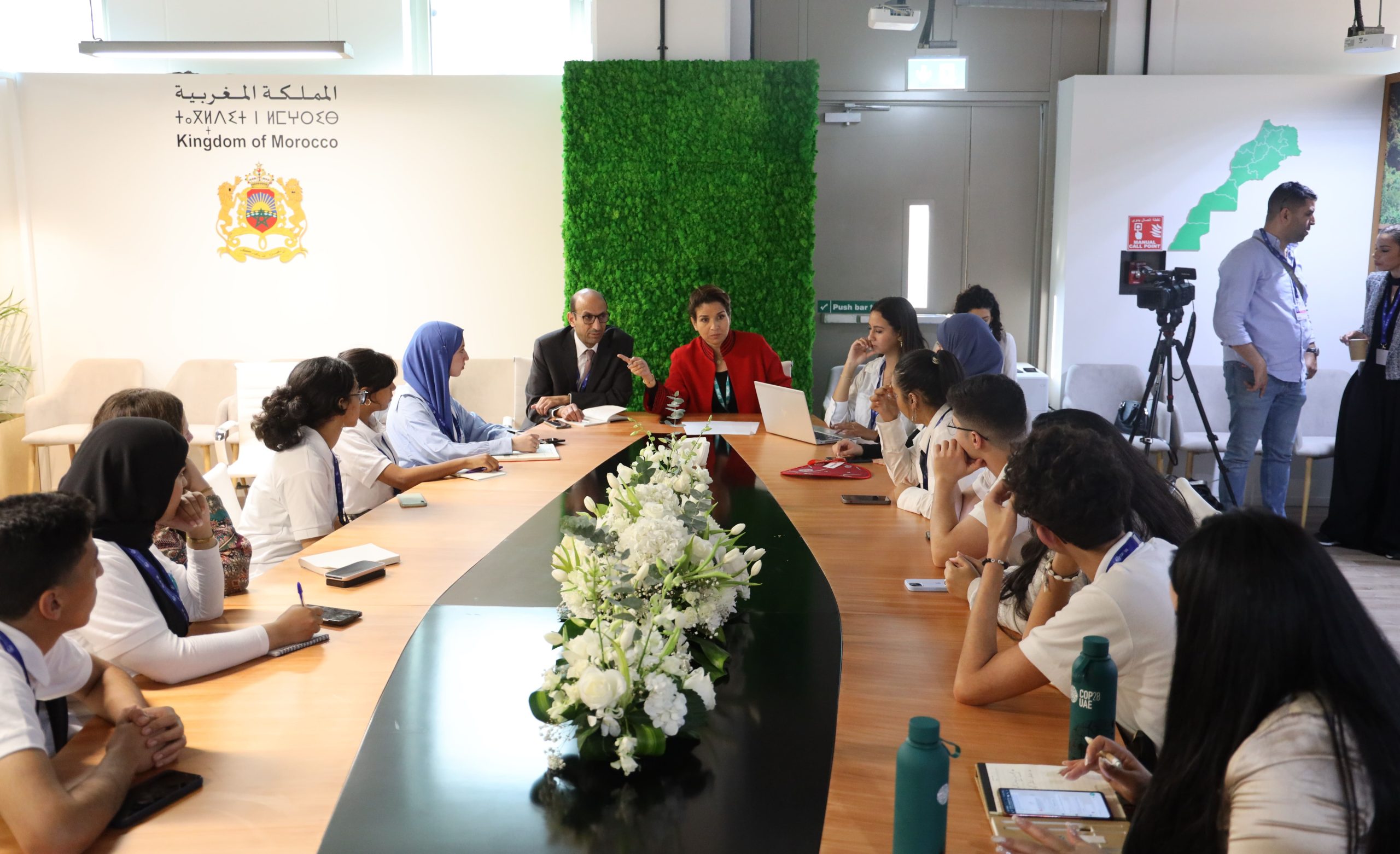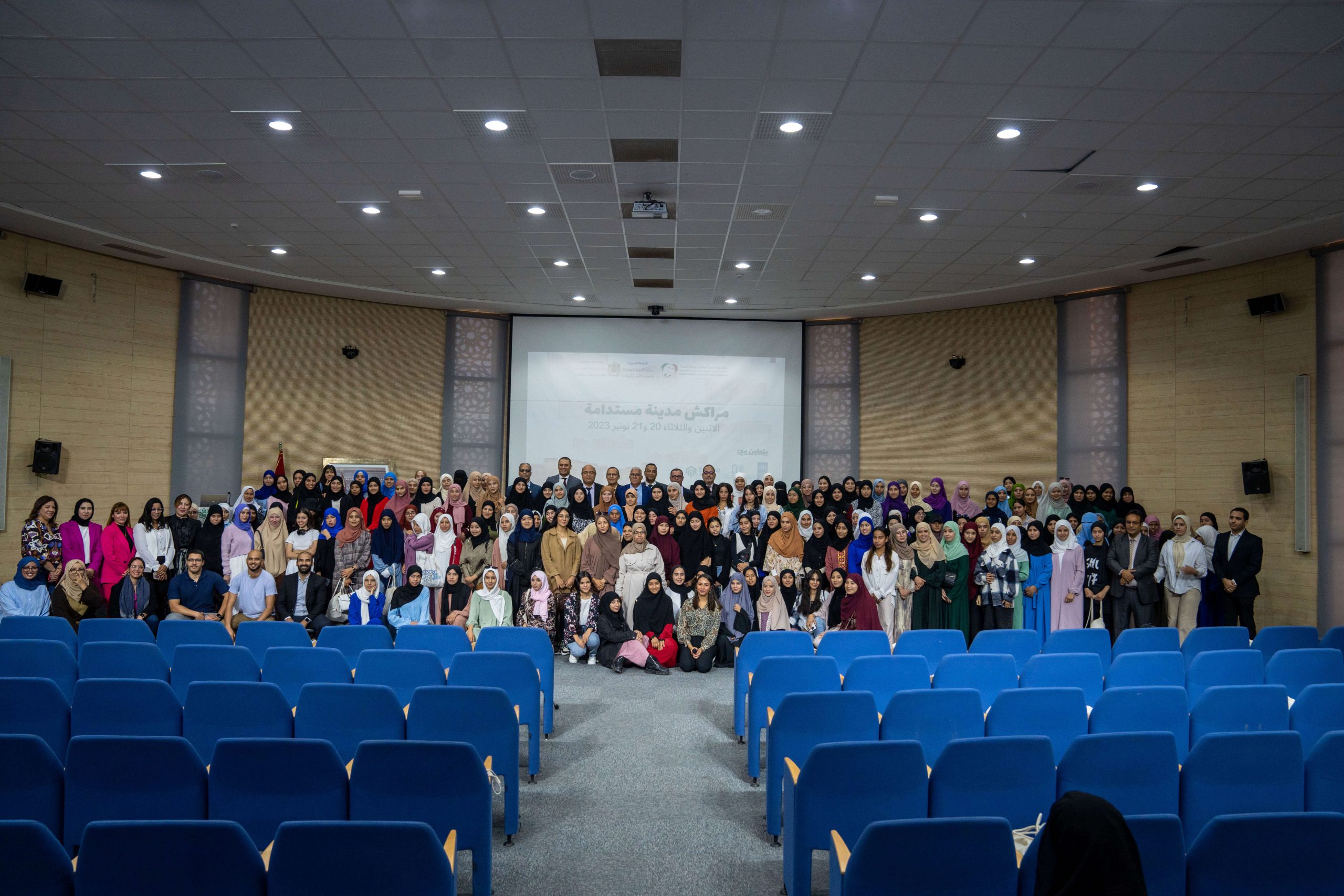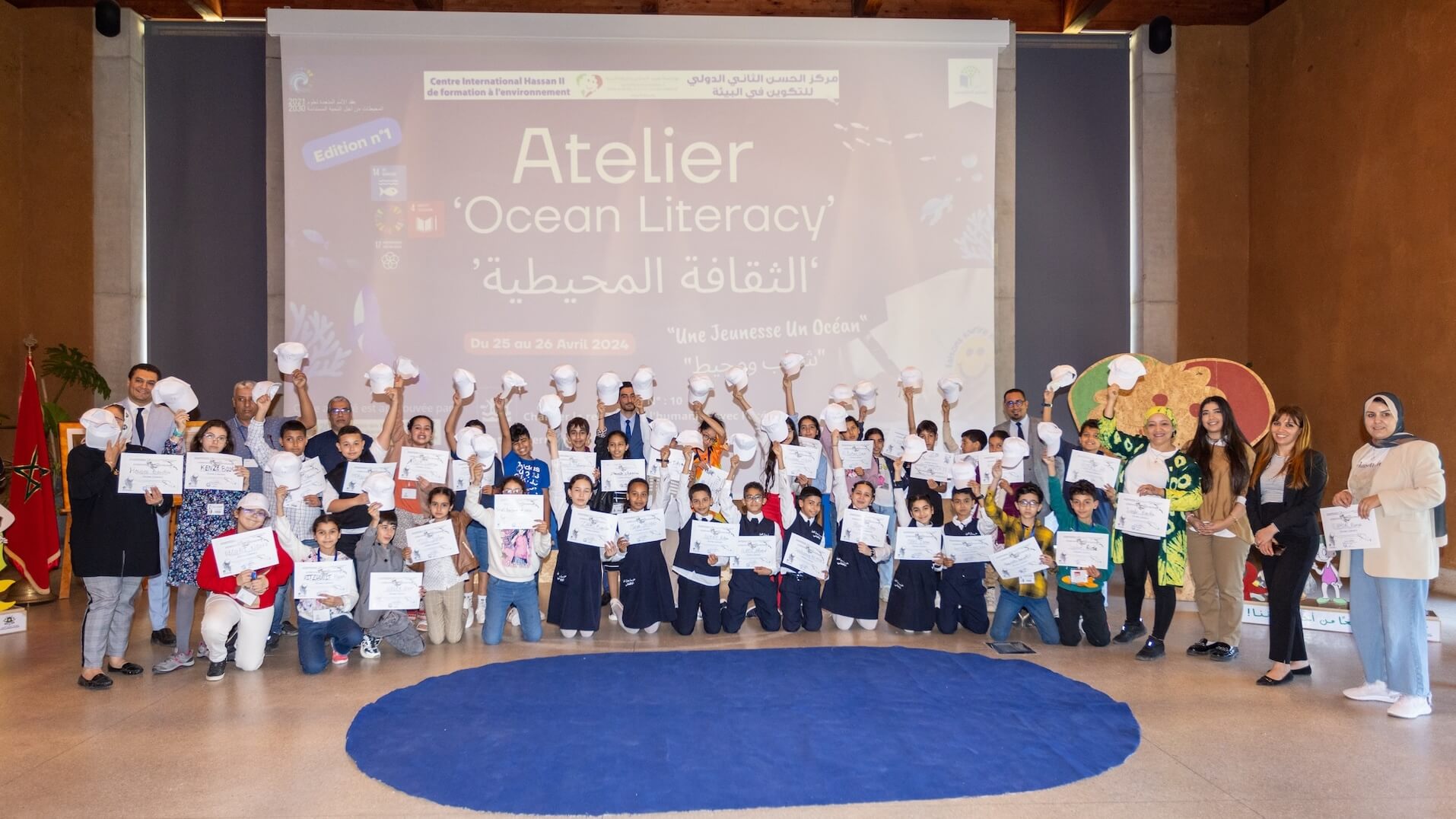
The Mohammed VI Foundation for Environmental Protection Eco-Schools program attracted a total 3300 schools this year. An all-time record.
With 3300 schools enrolled, up 500 from 2800 in 2021, for an 18% increase, 2021-2022 was a great year for the Eco-Schools program, deployed by the Mohammed VI Foundation for Environmental Protection, chaired by HRH Princess Lalla Hasnaa, in partnership with the Ministry of National Education, Preschool and Sports since 2006.
Following two editions disrupted by Covid-19, the number of Eco-Schools taking part in the program grew substantially, and all developed a seven-step learning path towards addressing issues such as water and energy management, waste, healthy food, biodiversity preservation in a practical approach, with a view to earning the Green Flag label on completion of the gradual process.
This year, 412 schools applied for one of three Eco-School certification levels, up from 228 in the previous year, for an 80% increase. This gave plenty of work to National Jury members who gathered for three days from July 25th to 27th, 2022 at the Hassan II International Center for Environmental Training to deliberate on the program and assess contributions to the “Once Upon a Time, an Eco-School” Best Practices Competition, held for the second time.
For the 2021-22 school year campaign, the jury awarded 74 Green Flags to Eco-Schools that successfully addressed all three priority areas (Water, Energy and Waste). 83 other Eco-Schools earned a silver certificate for addressing two program priority areas and 191 earned a bronze certificate for addressing one priority area.
In the wake of Covid-19, the Foundation created an online platform for Eco-Schools to submit applications in advance of site visits conducted by Regional Environmental and Sustainable Development Education and Training Committees, which support and guide participating Eco-Schools in implementing the program.
For the third year in a row, the jury also deliberated on the “Once upon a time, an Eco-School” Best Practices Competition, the first being held during the COP22 in 2016 before a second edition in 2021. The idea is for participating young people to showcase best practices implemented at their Eco-Schools in a three-minute maximum video. Biodiversity was this year’s topic, as proposed by the Environmental Education Foundation, who created the Eco-Schools program and put forward the new GAIA 2030 strategy to raise children’s awareness on the climate emergency.
Of a total of 67 videos reviewed, the jury recognized 21 from eight Regional Education and Training Academies, in which 115 students, 21 supervisors and 21 principals actively participated, all winners of the competition. The awarded films’ best practices were published online to the ecoecoles.ma website.
Best practices showcased varied widely. These ranged from the sorting and recycling of catering waste to feed animals on a small educational farm, to involving special needs students in theatre productions that raise awareness on biodiversity, to establishing environmental libraries in schools, to exhibitions on plant and animal biodiversity and a number of field trips.
Eco-Schools & Green Flag, a global program active in 74 countries
Eco-Schools centers around an educational resource available at www.ecoecoles.ma. The aim is to instill concepts of environmental education and sustainable development, eco-citizen behavior and environmentally friendly lifestyles in school children. This international program launched by the Foundation for Environmental Education (FEE) aims to educate and raise awareness among schoolchildren on environmental preservation. Program educational content is both fun and action-oriented.
Each school follows a seven-step path for change that engages students in environmental actions and practices wherever possible. The process ultimately leads to visible improvements in both learning outcomes, student and community behavior, and eventually the environment. Schools are awarded a Green Flag label upon completion of the process.
The path to a Green Flag requires consistency and perseverance. To earn the label, eco-schools must address three priority areas: waste management and water and energy efficiency. To renew the label, schools must address four other priorities: biodiversity preservation, healthy eating, solidarity and climate change.
In tackling these themes, the Eco-Schools program uses a hands-on approach, based on experimentation and field work, to raise awareness among schoolchildren on environmental preservation and sustainable development.
The Eco-Schools program is a flagship program of the Foundation for Environmental Education (FEE). Currently, 74 countries worldwide have implemented the program. The Mohammed VI Foundation for Environmental Protection (www.fm6e.org) introduced the program to Morocco in 2006 in partnership with the Ministry of National Education, Pre-school and Sports. A total 3300 schools are now enrolled, almost half of which in rural areas.




